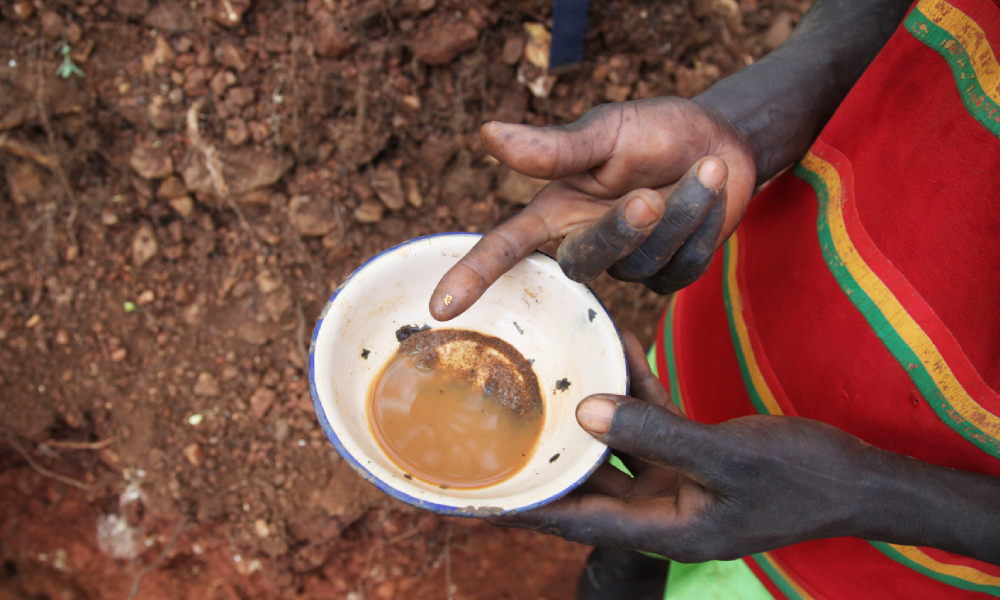The violent conflict between the Sudanese Armed Forces (SAF) and Rapid Support Forces (RSF) that erupted in April 2023 has amplified the risks associated with the gold trade in Sudan. In response to the escalating situation, the U.S. Departments of State, the Treasury, Commerce, Labor, and the United States Agency for International Development (USAID) have issued an update to the May 2022 Business Risk Advisory related to Sudan.
The original advisory highlighted the role of the military and armed groups in Sudan’s economy, particularly within state-owned enterprises. The recent conflict has not only perpetuated these risks but also exacerbated them. As a result, the US government is taking measures to address the situation and protect the stability of Sudan.
On 4th May, 2023, President Biden authorised the imposition of sanctions on individuals and entities destabilising Sudan and undermining its democratic transition through Executive Order (E.O.) 14098. The Department of the Treasury has already imposed economic sanctions on key companies connected to the RSF and SAF on June 1. Additionally, the Departments of State and Commerce are evaluating further actions, including visa restrictions, against the RSF, SAF, and other individuals and entities involved in the conflict.
The collapse of the formal system for legal gold exports from Sudan has led to increased reports of looting of gold from mining sites, markets, banks, and other locations. Clashes in gold-producing areas, forced labour, taxation by armed groups along gold supply routes, and the use of gold sales proceeds to support the conflict are among the specific due diligence concerns. The majority of gold from Sudan is exported to the United Arab Emirates, and there are reports of Italian refineries sourcing gold from Sudan.
Given the risks associated with Sudanese gold, it is recommended that actors involved in gold value chains adhere to responsible sourcing frameworks, such as the OECD Due Diligence Guidance (OECD DDG) on Responsible Supply Chains of Minerals from Conflict-Affected and High-Risk Areas. The potential for gold to be used for money laundering during the conflict is also highlighted, urging gold dealers, retailers, and U.S. financial institutions to review their compliance requirements under the Bank Secrecy Act.
Although gold has the potential to provide crucial financing for a civilian-led democratic transition in Sudan once the conflict subsides, the current conditions are not conducive to the development of sustainable and responsible gold supply chains. The US government intends to collaborate with stakeholders in Sudan and partners to facilitate such initiatives.
The U.S. advisory also emphasises the risks associated with engaging with companies connected to the RSF and SAF. These armed groups have extensive corporate networks, and due diligence is essential to assess the beneficial ownership of business partners and mitigate risks associated with corruption and engagement with these groups.

